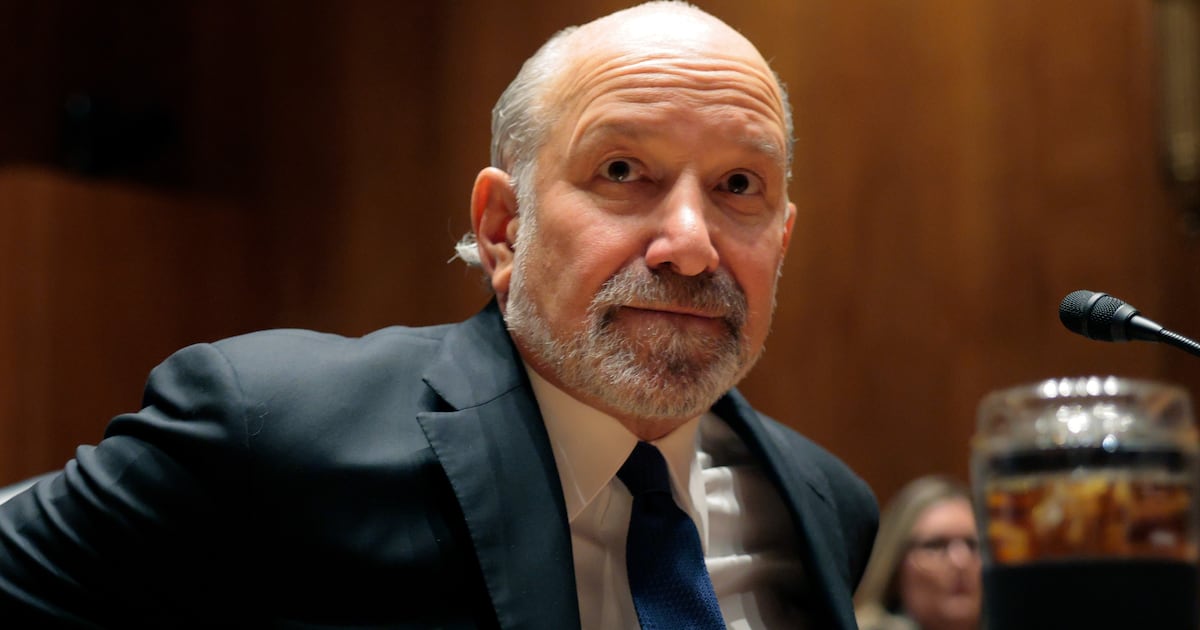The Vatican recently held a Plenary Assembly titled, “Women’s Cultures: Equality and Difference.” And a not-so-subtle passage in the discussion outline released by the Vatican takes a stab at the cosmetic:
“‘Plastic surgery is like a burqa made of flesh.’ One woman gave us this harsh and incisive description. Having been given freedom of choice for all, are we not under a new cultural yoke of a singular feminine model? What do we think of women used in advertising and in the mass media?”
Before you even get to the cultural insensitivity seeped in endorsing that kind of statement, the inferred narrative for women is clear: If you elect to have a cosmetic procedure, you’re repressed and imprisoned—and are making the wrong choice by falling prey to the superficial.
And yet, it’s interesting that the actress they chose to relay the assembly’s message in a bizarre digital PR video released ahead of the event is a middle-aged woman with nary a single wrinkle or sun spot on her face—and who is, in fact, married to a plastic surgeon. In the spot, Italian actress Nancy Brilli implores viewers with come-hither glances to think about what it means to be a woman in society today—“between equality and difference”—and to upload photos and videos in response, hashtag: #LifeOfWomen. Amid controversy, the Vatican has since taken down the English version of the video (which you can view here), but still kept the better-received Italian version up.
Mixed messaging aside, the harsh stance on cosmetic surgery is indicative of a larger shaming. When we look down on those who opt to have cosmetic surgery, it’s yet another example of how societies try to control the behavior of women by condemning them for making what should be a personal choice. Who are we (or the Vatican) to judge, when this is a private, entirely self-funded decision?
And it’s not just a niche issue. More than 11 million cosmetic procedures (both non-invasive, like Botox, and invasive, like face lifts and breast augmentation) were had in the U.S. last year, according to the American Society for Aesthetic Plastic Surgery (ASAPS). The reasons women—and an increasing amount of men, who account for than a million of that number—opt to have procedures are as wide and varied as the individual experiences we all bring to the table.
My own decision to get a breast augmentation was rife with fear, not for the procedure, which I had deeply researched (and consequently wrote an eBook about) and knew was a safe option when done by a properly credentialed board-certified plastic surgeon, but for the potential social consequences I’d incur if people found out. Would people think I lacked authenticity, was less intelligent and capable a person?
The judgments abound because we’ve long been fed this idea that women who alter their appearance have “fake” parts—think fake boobs, fake nails, fake hair. But whether we’re referring to modification modes like makeup, tattoos, hair color, or cosmetic surgery, people have different conditions for what is “acceptable” and “too much.” Shouldn’t it be the woman herself who gets to decide that?
And why is cosmetic surgery automatically seen as some kind of fabrication, and not a progression in identity for those who choose to have it? We see this question come to the forefront with transgender individuals and sex reassignment surgery, which some argue is cosmetic, while others believe it’s a medical necessity.
The truth is, for many, these procedures can significantly improve quality of life. On RealSelf.com, the largest cosmetic surgery support community online, members discuss virtually every procedure available.
In the tummy tuck forum, a mother shared that she used to sit on the sidelines during family activities, too self-conscious to wear a bathing suit and join in the fun. After her tummy tuck, “I’m now that mum who runs, swims, plays with her kids—no longer thinking about what others are thinking. My confidence is through the roof!”
Meanwhile, a 20 year-old male who had the same procedure to remove sagging skin after losing 160 pounds said, “I swam shirtless for the first time since I was eight years old last week, and have not been so proud of myself in a long time.”
Some argue that intelligent and emotionally secure people shouldn’t feel this way. As someone who covers beauty, all kinds of people routinely confess and ask me cosmetic surgery questions privately. And I can’t tell you how many of them are whip-smart, successful women and men, typically over the age of 55, who now feel self-conscious about what they perceive as “turkey neck.” The brilliant writer Nora Ephron even explored the phenomenon in her book, “I Feel Bad about My Neck: And Other Thoughts on Being a Woman.” No one is immune from having these types of feelings, and I think to pretend otherwise is inevitably hypocritical.
Whether you think the above reasons for choosing cosmetic surgery are “right” or “wrong,” the fact remains that they’re human. No one can say for certain how much factors like media, family upbringing, and peer pressure directly influence our later decision-making, but we can all relate to those conflicted feelings we face as our bodies age, change and evolve over time. Some learn to embrace it with grace, others just deal with it, and some decide to change it. So why should anyone get to set the standard for everyone else, and why are we still socially judging and condemning the choice to get cosmetic surgery?





